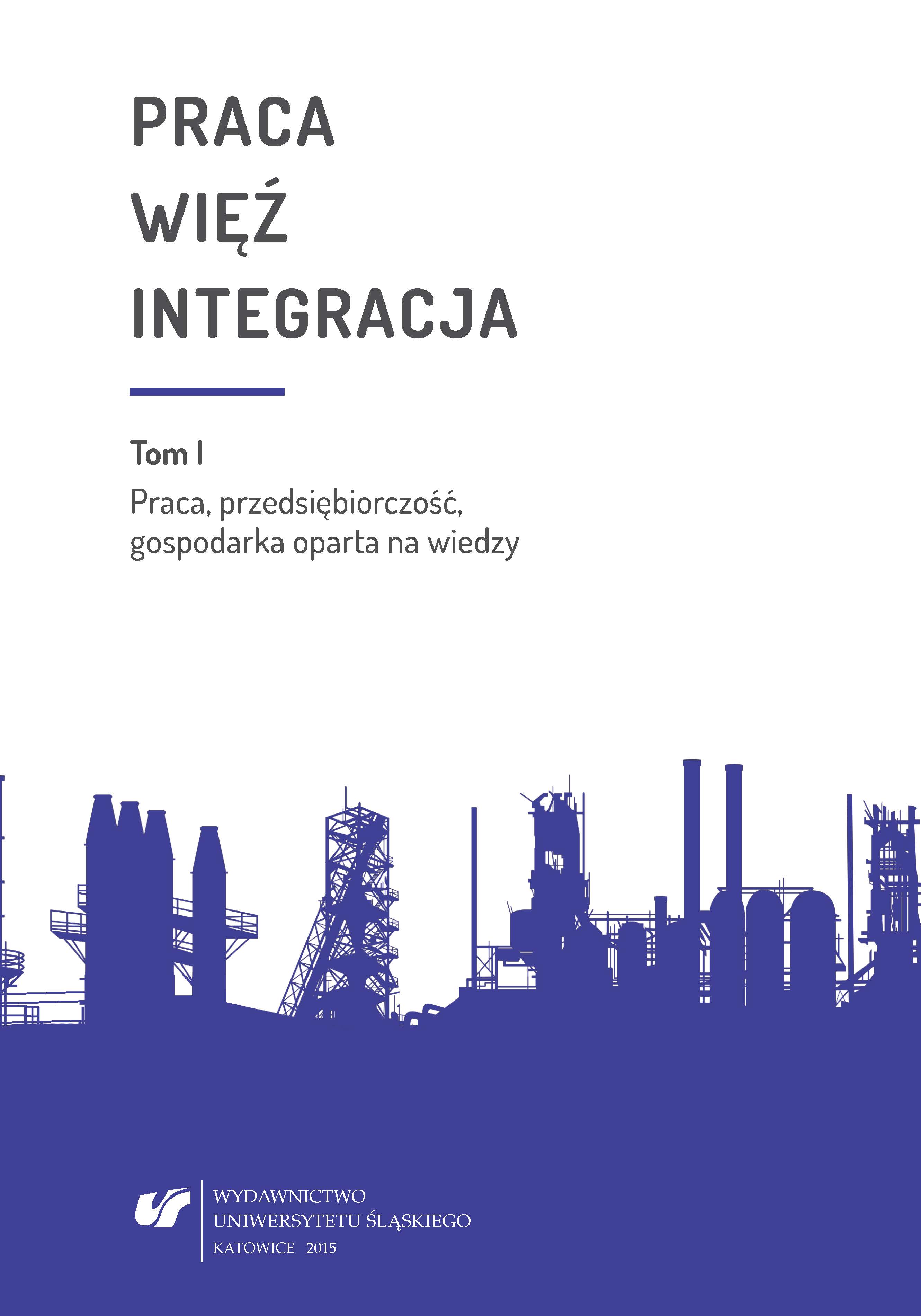Władysława Jachera koncepcja pracy ludzkiej
Władysław Jacher and His Concept of Human Labor
Author(s): Janusz Mariański
Subject(s): Sociology
Published by: Wydawnictwo Uniwersytetu Śląskiego
Keywords: human work; market; culture; ethics; morality
Summary/Abstract: The article analyzes Władysław Jacher’s views and reflections on human labor, a sociologistat the University of Silesia in Katowice. The axiological‑normativedimensionof human labor plays an important role in his research. He began his scientific work byanalyzing St. Thomas Aquinas’ texts, deriving important components on human laborfrom them. Based on his research, human labor has been defined as: “conscious humaneffort undertaken in order to bring about goods, which one needs for life and personalgrowth hidden within and in the surrounding nature.”An axiological‑normativeconcept of man lies at the basis of Władysław Jacher’sdiscussion on human labor. Man, among all the creatures on earth, is a unique being,and apart of corporeality is also endowed with reason and free will. As a person, manlives simultaneously and inseparably in both the spiritual and bodily dimensions, andmust be regarded as a unique value in himself, deserving respect. A man cannot betreated as an object of possession or thing that can be freely manipulated.Work is not only the production of something, but it is an activity with someoneand for someone. Hence, sometimes a company is compared to a family. Managementand workers interact in a selfless way so as to reduce the burden of work and improvesocial relationships. The concepts of homo faber and homo economicus require yet to becomplemented with the notion of homo cooperativus. Work from the personal perspectiveis a duty and obligation of man, not only because the Creator wanted it to be so,but also to maintain and develop one’s humanity and to fulfill moral obligations, firsttowards one’s family, and then neighbors. In his discussion on human labor and itsaxiological‑normativedimension, Władysław Jacher’s stance is very close to that of theSocial Doctrine of the Catholic Church, namely its social aspects pertaining to humanlabor in its individual and social dimensions.
- Page Range: 27-50
- Page Count: 24
- Publication Year: 2015
- Language: Polish
- Content File-PDF

